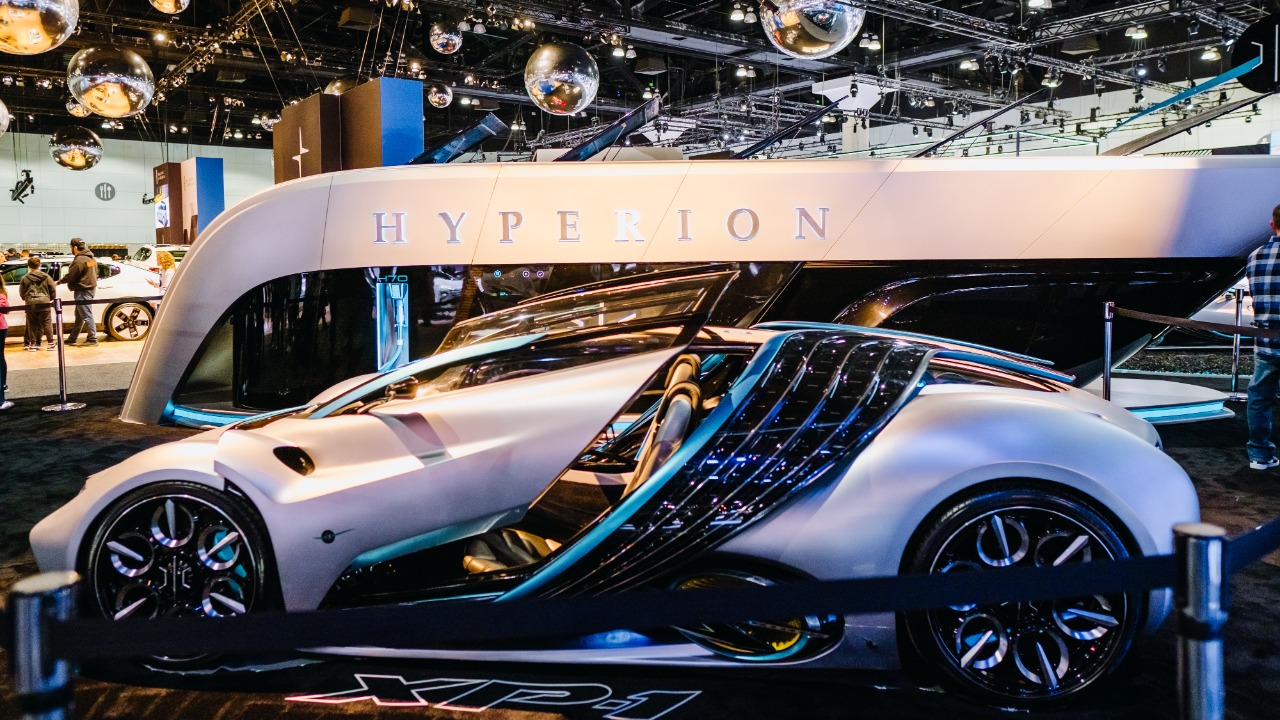
Recent advancements in automotive technology have led to the testing of a hydrogen-powered sports car prototype. Engineers are focusing on evaluating the vehicle’s performance, safety, and environmental impact. This development could potentially redefine the future of the automotive industry.
Understanding Hydrogen-Powered Vehicles
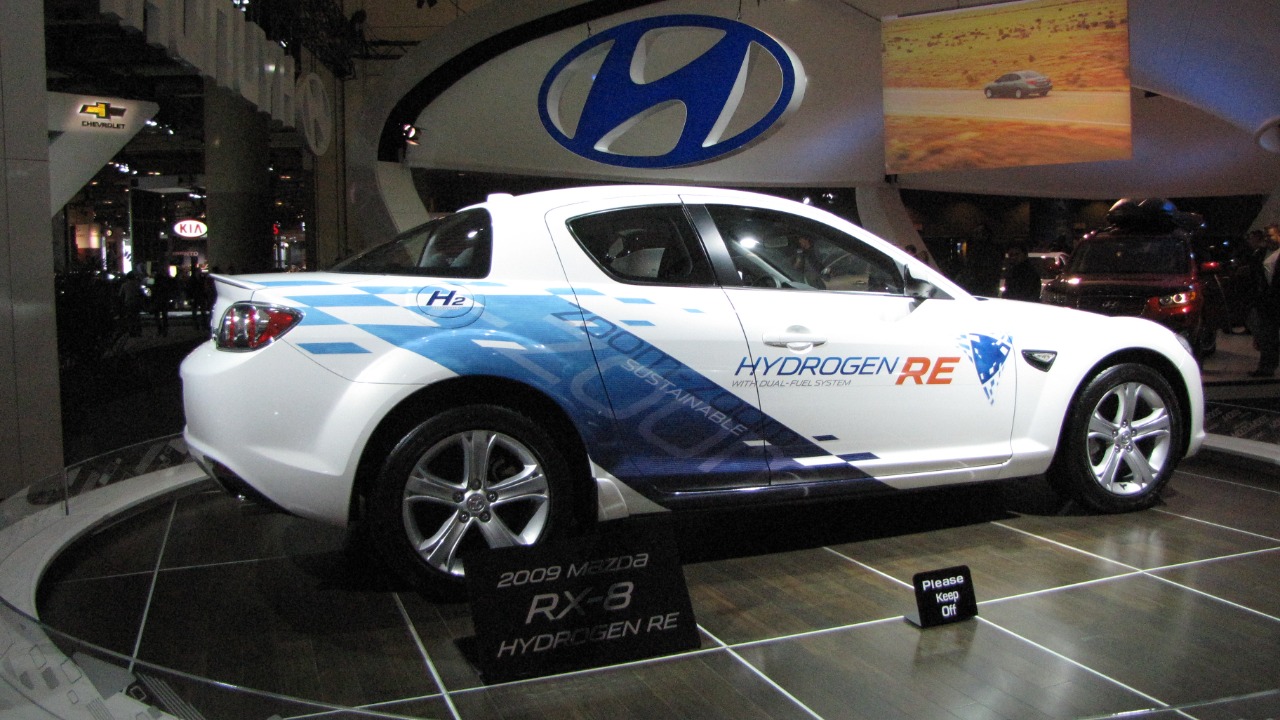
Hydrogen-powered cars operate using fuel cells, which generate electricity by combining hydrogen and oxygen in an electrochemical reaction. This process, unlike burning gasoline or diesel, produces only water as a byproduct, making it an environmentally friendly alternative. The main comparison point between hydrogen-powered vehicles, electric vehicles, and conventional gasoline cars lies in their energy efficiency, emissions, and infrastructure requirements.
While electric cars are currently leading the race in the green car market, hydrogen vehicles offer some distinct advantages. They can be refueled in about the same time it takes to fill a gasoline car and can provide a longer driving range than most electric vehicles. Nevertheless, there are challenges associated with hydrogen fuel, such as the high cost and energy requirements for hydrogen production, storage, and transportation. This makes it less efficient overall compared to electricity.
Details of the Hydrogen-Powered Sports Car Prototype
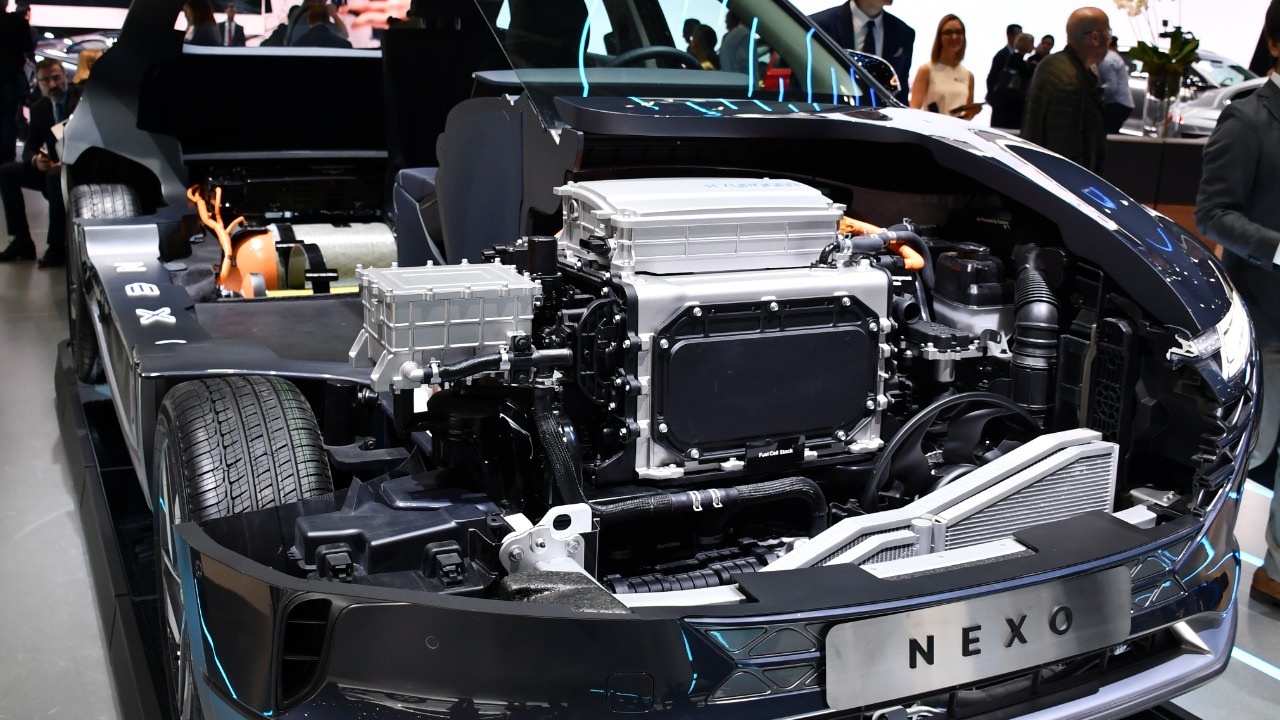
The prototype in question is a sports car that integrates hydrogen fuel cell technology. This vehicle features advanced mechanics to optimise performance and efficiency. The unique features of this car include a high-power electric drive train, lightweight construction materials, and an aerodynamic design optimised for high-speed performance.
Regarding performance, the car’s hydrogen fuel cell technology is designed to deliver impressive power output and acceleration while maintaining high energy efficiency. The prototype also demonstrates how hydrogen fuel cells can be integrated into a compact, high-performance vehicle design. This could potentially widen the appeal of hydrogen vehicles beyond their traditional eco-friendly image.
Safety Measures and Considerations
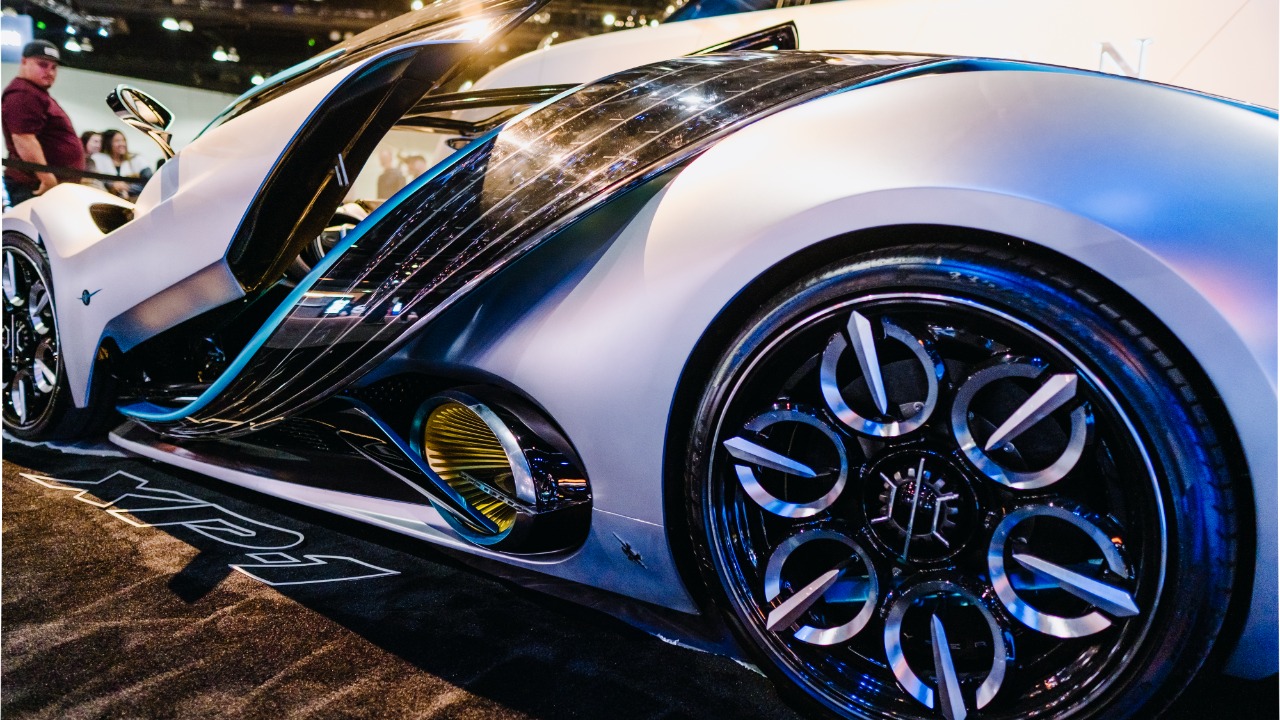
Safety is a paramount concern when dealing with hydrogen fuel. The sports car prototype includes safety features such as hydrogen sensors to detect leaks, robust fuel tank construction to withstand impact, and a system to safely vent the hydrogen in case of an emergency. These measures are crucial to ensuring the car’s safety on the road.
Concerns about the safety of hydrogen fuel stem from its characteristics as a highly flammable and explosive gas. However, studies like the one published in Loughborough University indicate that with appropriate safety measures in place, hydrogen-powered vehicles can be as safe as conventional vehicles. The study emphasizes the importance of safety features, proper handling, and public awareness in ensuring the safety of hydrogen-powered cars.
Environmental Impact of Hydrogen-Powered Vehicles
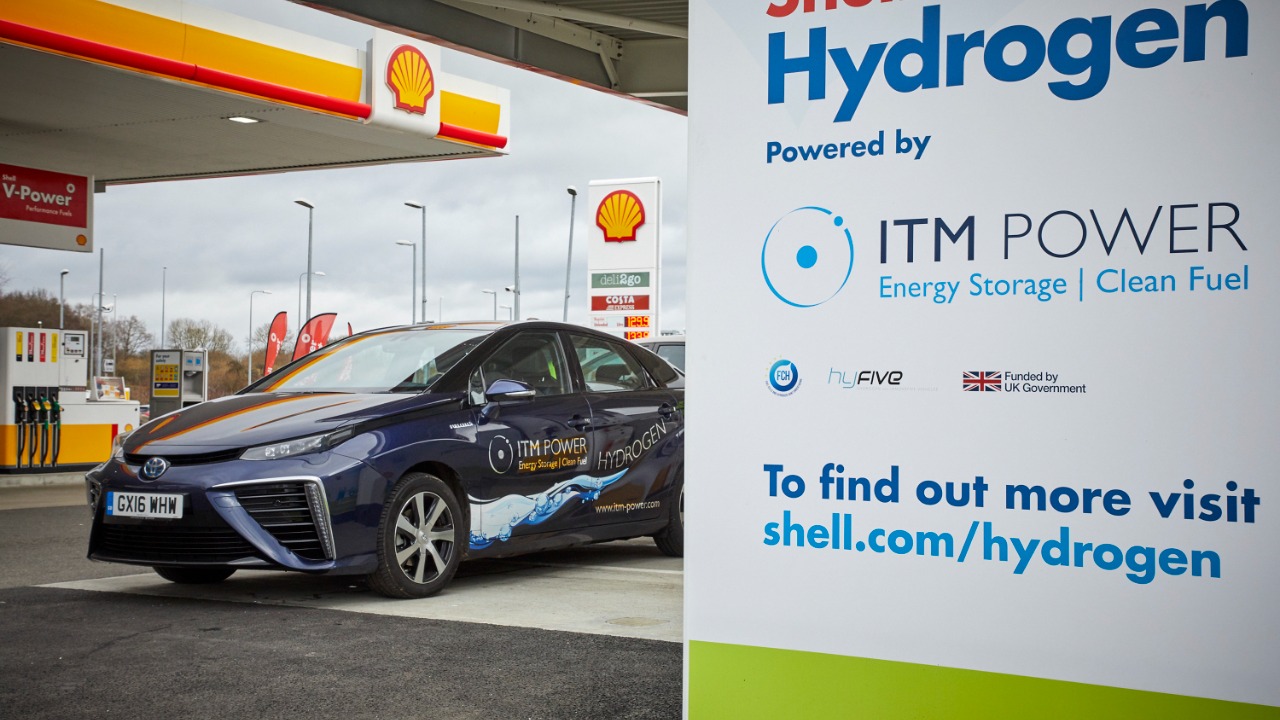
Hydrogen fuel cells produce zero harmful emissions, with water being the only byproduct. This makes hydrogen-powered cars potentially advantageous in combating climate change. However, the environmental impact of these vehicles is not limited to their operation.
The production of hydrogen fuel often involves natural gas reforming, which does emit carbon dioxide. However, research is underway to develop cleaner methods of hydrogen production, such as electrolysis powered by renewable energy sources. According to an article published in the journal Energies, such advancements could make hydrogen a truly green fuel source and significantly reduce the carbon footprint of hydrogen-powered vehicles.
Future Implications for the Auto Industry
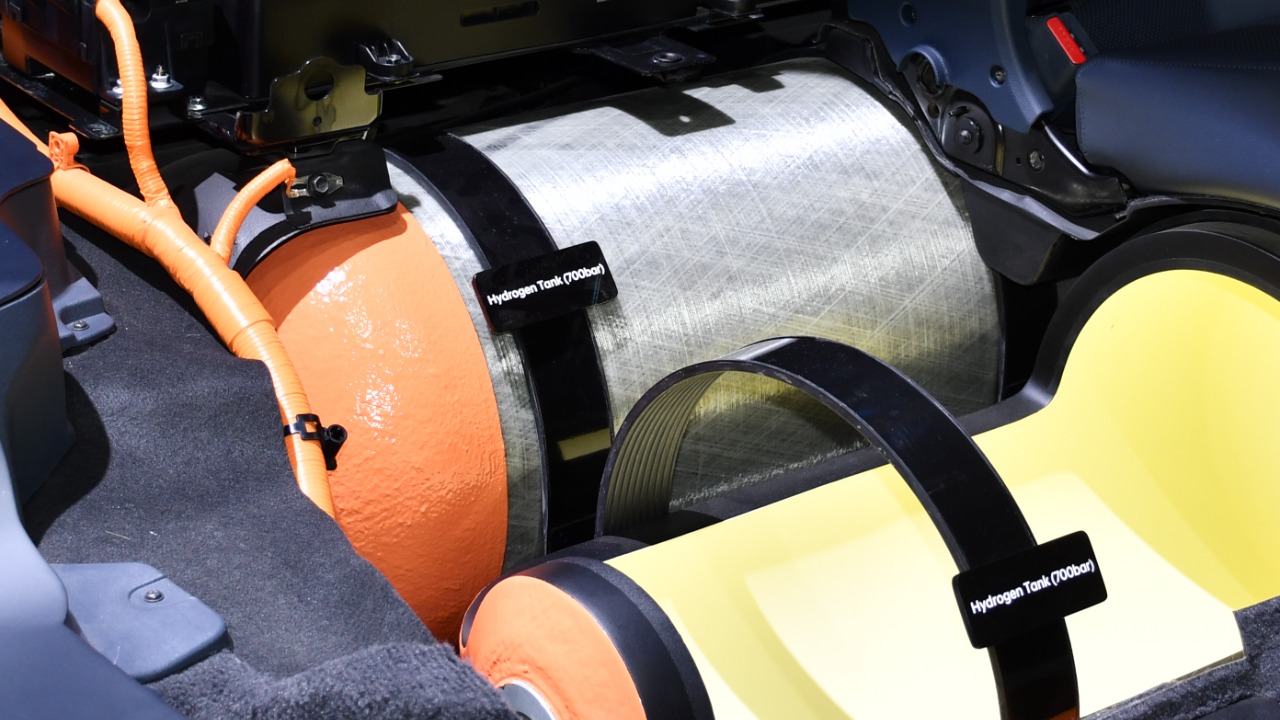
The development and successful testing of a hydrogen-powered sports car prototype could have a significant impact on the auto industry. If the performance and efficiency of hydrogen vehicles can match or exceed that of conventional and electric vehicles, they could become a more popular choice among consumers. This could lead to increased investment and development in hydrogen infrastructure, making hydrogen a more viable fuel option for the mass market.
However, there are challenges to overcome, such as the high cost of hydrogen fuel cells and the need for a widespread hydrogen refueling infrastructure. According to Green Car Congress, companies like Bosch are working on making fuel cells more affordable, which could help in bringing the costs down. The future of hydrogen power in the automotive sector is certainly one to watch, as advancements could lead to a significant shift in our transportation landscape.